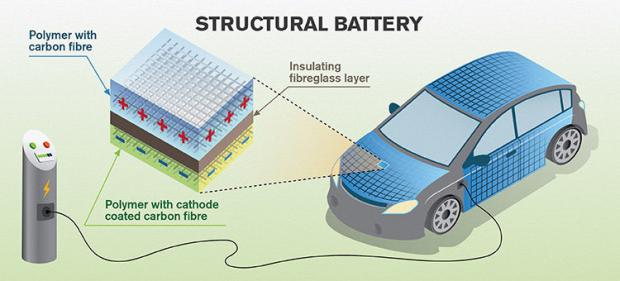
Breaking News
 Palantir kills people? But Who's Really Pushing the Buttons?
Palantir kills people? But Who's Really Pushing the Buttons?
 'Big Short' investor Michael Burry sounds alarm on AI bubble that's 'too big to save
'Big Short' investor Michael Burry sounds alarm on AI bubble that's 'too big to save
 2026-01-21 -- Ernest Hancock interviews Professor James Corbett (Corbett Report) MP3&4
2026-01-21 -- Ernest Hancock interviews Professor James Corbett (Corbett Report) MP3&4
 Joe rogan reacts to the Godfather of Ai Geoffrey Hinton talk of his creation
Joe rogan reacts to the Godfather of Ai Geoffrey Hinton talk of his creation
Top Tech News
 The day of the tactical laser weapon arrives
The day of the tactical laser weapon arrives
 'ELITE': The Palantir App ICE Uses to Find Neighborhoods to Raid
'ELITE': The Palantir App ICE Uses to Find Neighborhoods to Raid
 Solar Just Took a Huge Leap Forward!- CallSun 215 Anti Shade Panel
Solar Just Took a Huge Leap Forward!- CallSun 215 Anti Shade Panel
 XAI Grok 4.20 and OpenAI GPT 5.2 Are Solving Significant Previously Unsolved Math Proofs
XAI Grok 4.20 and OpenAI GPT 5.2 Are Solving Significant Previously Unsolved Math Proofs
 Watch: World's fastest drone hits 408 mph to reclaim speed record
Watch: World's fastest drone hits 408 mph to reclaim speed record
 Ukrainian robot soldier holds off Russian forces by itself in six-week battle
Ukrainian robot soldier holds off Russian forces by itself in six-week battle
 NASA announces strongest evidence yet for ancient life on Mars
NASA announces strongest evidence yet for ancient life on Mars
 Caltech has successfully demonstrated wireless energy transfer...
Caltech has successfully demonstrated wireless energy transfer...
 The TZLA Plasma Files: The Secret Health Sovereignty Tech That Uncle Trump And The CIA Tried To Bury
The TZLA Plasma Files: The Secret Health Sovereignty Tech That Uncle Trump And The CIA Tried To Bury
Can carbon fiber car panels double as energy storage materials?

Its incredible lightness and strength has seen it take hold in everything from competitive cycling, to supercar design to cutting edge aircraft. But could it also play a role in energy storage? One team of scientists has been exploring the possibilities, and say that carefully engineered forms of the material do indeed boast the necessary electrochemical properties, raising some interesting possibilities for weight-saving vehicle design.
The research was carried out at Sweden's Chalmers University of Technology and started with a pretty simple premise. Carbon fiber has already been shown to have potential as an electrode material in experimental batteries, while its mechanical properties are well established, so can these two attributes be combined in the one multipurpose material?

 Nano Nuclear Enters The Asian Market
Nano Nuclear Enters The Asian Market


